Diversifying the Workforce for Data-Related Jobs Starts with Inclusivity in Research
Diverse: Issues in Higher Education
SEPTEMBER 10, 2023
Studying science is challenging not only because of these aspects but because pursuing a scientific career involves working at the edge of both what is known, and unknown. It is not for the faint of heart, and trainees need coaching, guidance and support. Dr. Carol Parish is the Floyd D. and Elisabeth S.

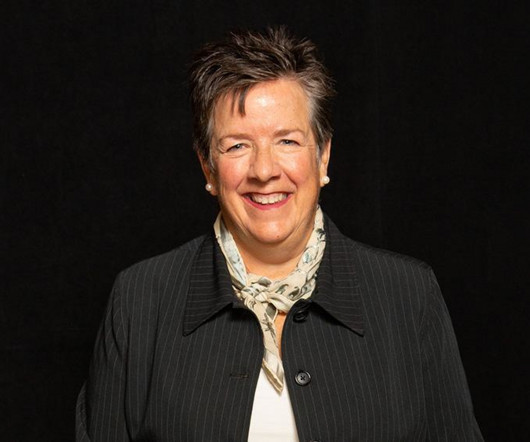
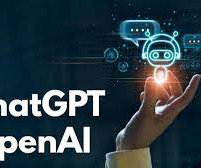
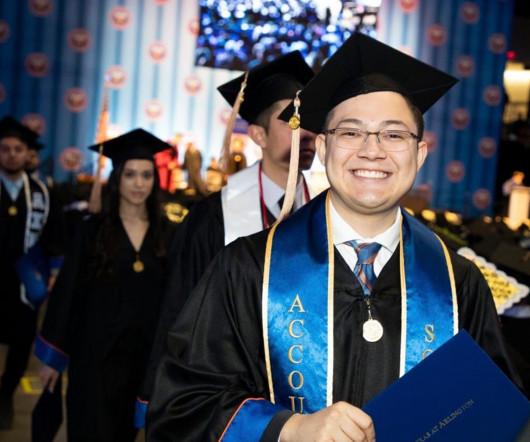
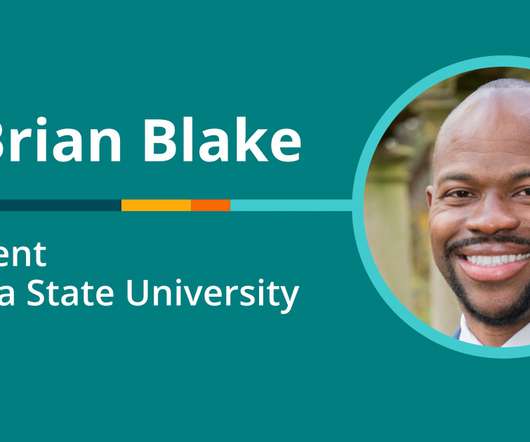
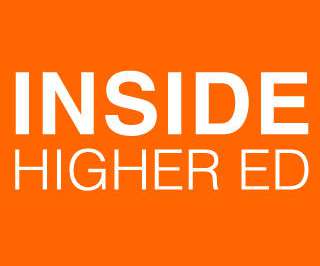






Let's personalize your content